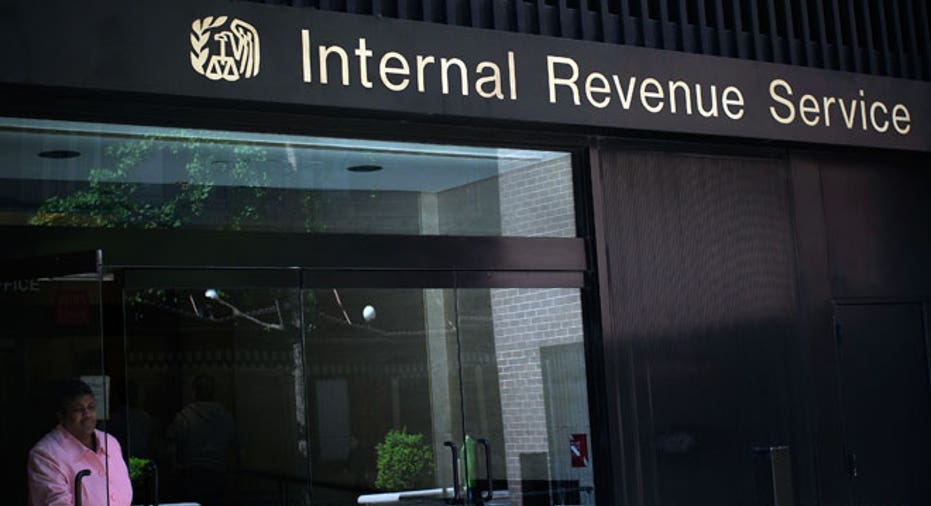The Tax Story Behind 770 Accounts

My nephew recently sent me a link to a website advertising what he excitedly called an “incredible investment.” It was for a 770 account, and he was ready to jump on the bandwagon.
The ad called 770 accounts secret accounts used by banks and the wealthy to earn 30 to 40% more interest than other bank accounts provide.
I found the ad’s claim that the interest or the withdrawals from the account to be tax free misleading.
You should always do your research before getting involved in any investment to make sure you understand how it works along with any potential risks and fees.
A 770 account is named after IRS code 7702 which governs “life insurance contracts.” The IRS guidelines state, “A contract meets the cash value accumulation test of this subsection if, by the terms of the contract, the cash surrender value of such contract may not at any time exceed the net single premium which would have to be paid at such time to fund future benefits under the contract.”
And in subsection (d), it states, “A contract falls within the cash value corridor of this subsection if the death benefit under the contract at any time is not less than the applicable percentage of the cash surrender value.”
So in essence, the consumer is using a life insurance contract as a savings account. Once you have funded it sufficiently, then yes, you may make withdrawals tax free. But that’s nothing new and amazing. You are actually only borrowing the money from the account, not taking a disbursement. And according to IRS regulations, loan proceeds are never considered taxable income whether they are from a life insurance contract, a credit card cash advance or a loan taken for the purchase of a vehicle.
By the same token, almost all interest is taxable income to the recipient. There are a few exceptions of course, including interest earned within qualified retirement accounts (IRA, 401(k)). However, the IRS gets their pound of flesh when you begin taking distributions from said accounts. Distributions are taxable income and invariably include the interest earned since the account was opened.
According to Brett Goldstein, director of retirement planning at American Investment Planners in Jericho, N.Y., “The term infinite banking [770 account] is based on you borrowing money from your life insurance to buy a car or some other purchase. Then you pay yourself back as opposed to paying the bank back. Thus, you are getting the interest not the bank.”
This is not to say that a life insurance contract is a rip off. In fact, most of the time they can be beneficial. But as with anything, you must do a little shopping, learn the concepts and make an intelligent decision.
“What no one talks about is the loan aspect. What is the interest rate of the loan? Is it a fixed loan, a variable loan, and how much are you making? If your cash is only making 5% but the loan is 4%, you are not making much,” Goldstein says.
He also advises determining whether the loan rate is a contractual rate or current practice. “If the loan interest rate is current, then they can change it at any time. If it’s contractual then they have to honor it or ask the state to change the rate for all contracts.”
In general, be skeptical of any advertising piece that presents a “get rich scheme” or any “secret tax-free investment known only to bankers or the rich.” Run the concept before a qualified investment advisor and/or your tax pro before investing.



















